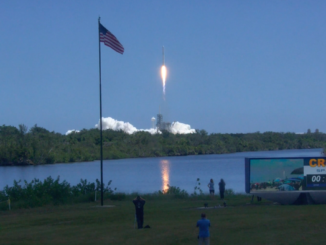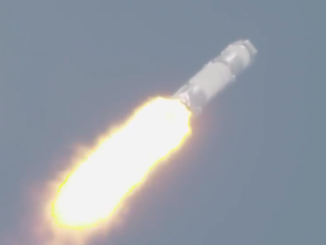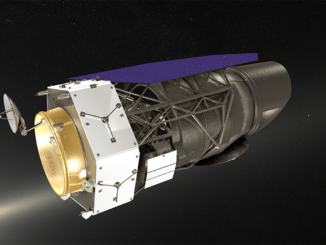
Astrophysics

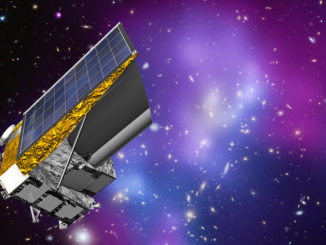
Detector trouble expected to delay ESA’s Euclid dark energy mission
Technical problems discovered during ground testing of U.S.-built detectors for the European Space Agency’s Euclid astronomy mission will delay the completion of the telescope’s scientific payload, jeopardizing the observatory’s 2020 launch target, the head of NASA’s astrophysics division said last week.
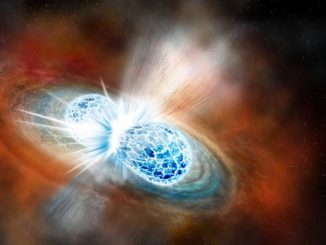
Neutron star collision an astronomical gold mine
On Aug. 17, gravity waves rippled through the solar system, slightly squeezing and stretching the space Earth occupies, the result of a catastrophic collision of two compact-but-massive neutron stars, producing a so-called “kilonova” explosion that seeded the local environment with a flood of heavy elements ranging from gold and platinum to uranium and beyond, scientists said Monday.

JWST launch slips to early 2019
Extra testing of the James Webb Space Telescope and delays in assembling the powerful observatory will push back the $10 billion mission’s launch by at least six months to early 2019, officials announced last week as the telescope successfully completed an extensive performance test inside a cryogenic vacuum chamber in Houston.

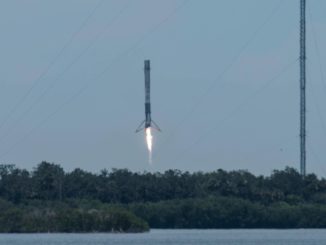
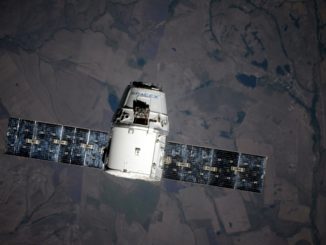
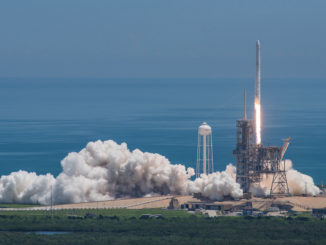
SpaceX launches cargo capsule full of science experiments
A SpaceX Falcon 9 rocket climbed into space Monday from NASA’s Kennedy Space Center atop a column of gleaming exhaust, shooting a commercial resupply vessel toward the International Space Station with research projects looking into cosmic rays, the origin of Parkinson’s disease, the utility of small satellites and an experimental radiation-tolerant supercomputer.
